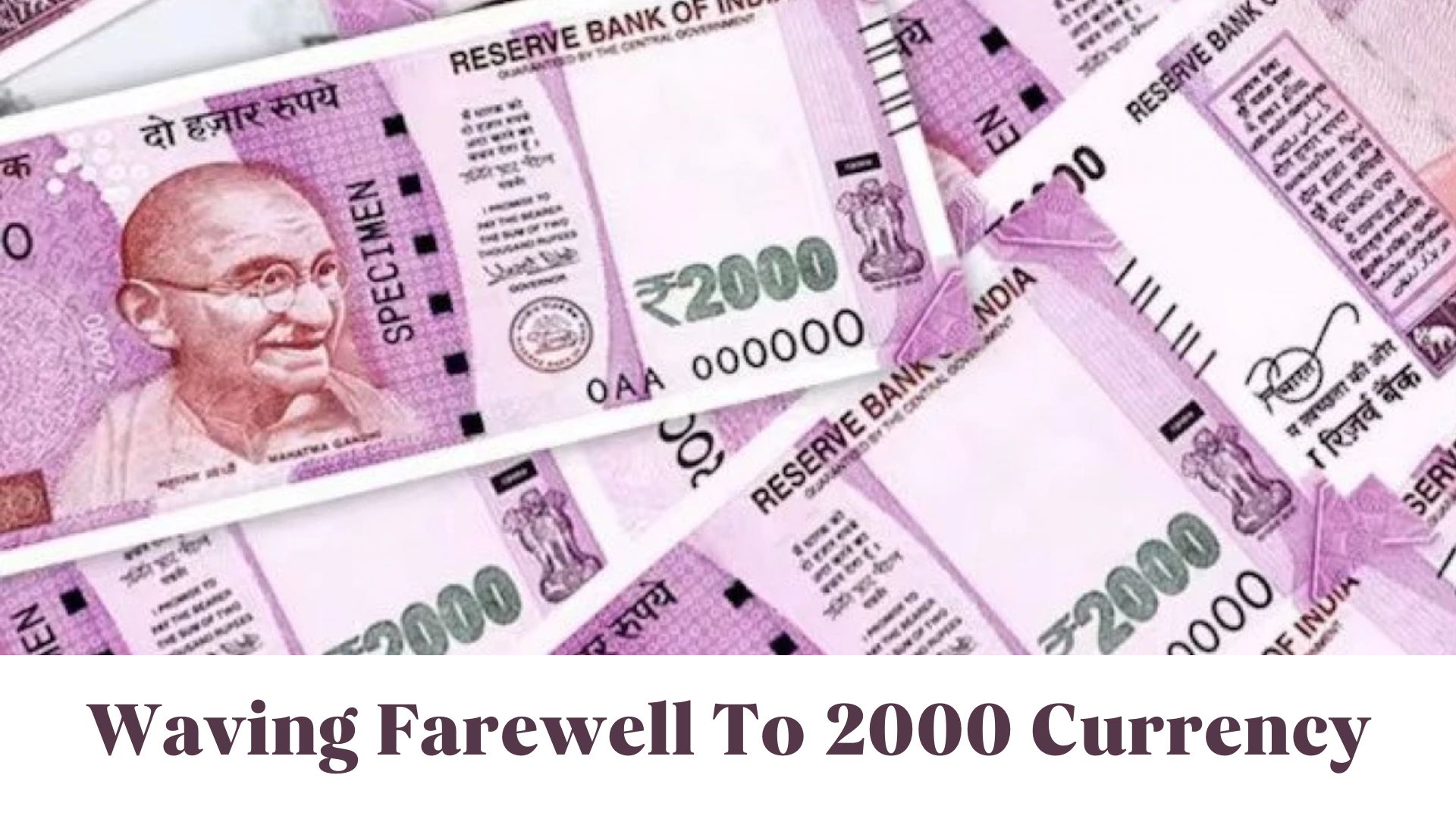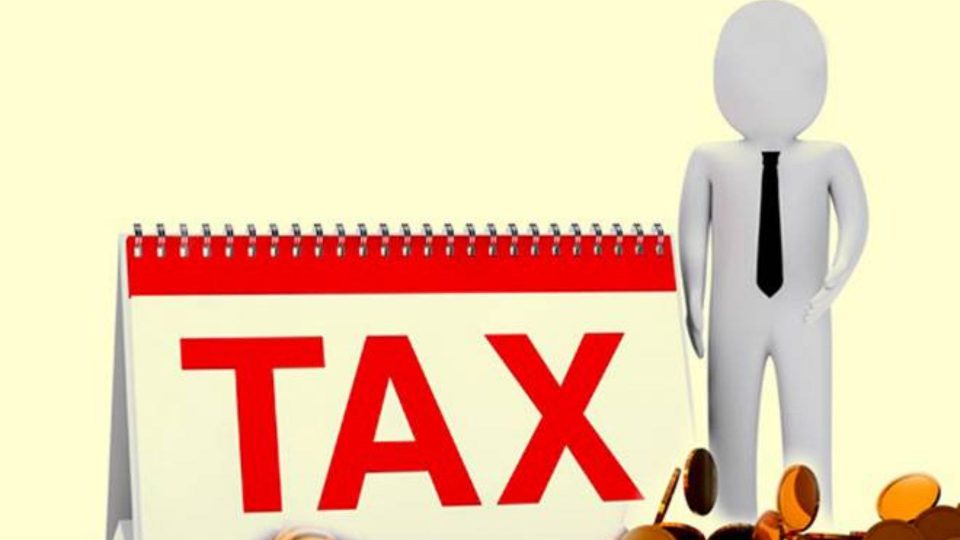You might be wondering about what will happen to your Rs 2,000 banknotes after September 30, the last day for bank deposits or exchanges.
There is hardly any time left for the return of Rs 2,000 notes as banks are closed on September 28 due to a holiday. Although there has been no official announcement regarding a deadline extension, the majority of the Rs 2,000 notes in use have been returned to banks.
According to the RBI’s report, “The total value of Rs 2,000 banknotes received back from circulation is Rs 3.32 lakh crore up to August 31, 2023.”
Furthermore, only Rs 0.24 lakh billion worth of Rs 2,000 banknotes were in use as of August 31, 2023. This indicates that 93% of the Rs 2,000 notes in circulation as of May 19, 2023, have already been exchanged or deposited into accounts.
More deposits are anticipated to have been made in September, significantly lowering the total amount in use. The RBI is anticipated to publish a report on October 1 that might shed light on what will happen to the remaining Rs 2,000 notes that are currently in use.
Can You Use Rs 2,000 Notes After September 30?
It is obvious that the RBI aims to gradually phase these notes out as part of its “clean note policy” even though it hasn’t formally declared these notes illegal after the deadline. The RBI stated that the quantity returned or deposited in banks will determine the future status of Rs 2,000 notes.
The RBI is likely to set a date when these high-value notes will no longer be accepted as legal currency given that over 90% of these notes have already been returned. The notes might not instantly lose value, but an official statement from the RBI is required.
What’s The Process For Depositing Or Exchanging Rs 2,000 Notes?
The answer to the process is simply to return them. The Know Your Customer (KYC) procedures and other legal deposit laws still apply, however, the RBI permits anyone to deposit these currencies at their respective banks without a set limit.
The standard deposit restrictions apply to persons who use Jan Dhan or Basic Savings Bank Deposit (BSBD) accounts. You must abide by the established restrictions if you want to deposit a sizable number of Rs 2,000 notes into these accounts.
Additionally, Rule 114B of the Income Tax Rules requires people to give their Permanent Account Number (PAN) when making cash deposits at a bank or post office that exceeds Rs 50,000 in a single day.
You can also exchange your Rs. 2,000 notes at any of the 19 Regional Offices (ROs) of the RBI or a nearby bank branch until September 30. According to the RBI’s standards, these trades should be completed without the need for an ID card or request slip. To avoid complications, it is advised to have ID proof on hand when exchanging these notes. Because some public sector banks may have different policies in effect.




